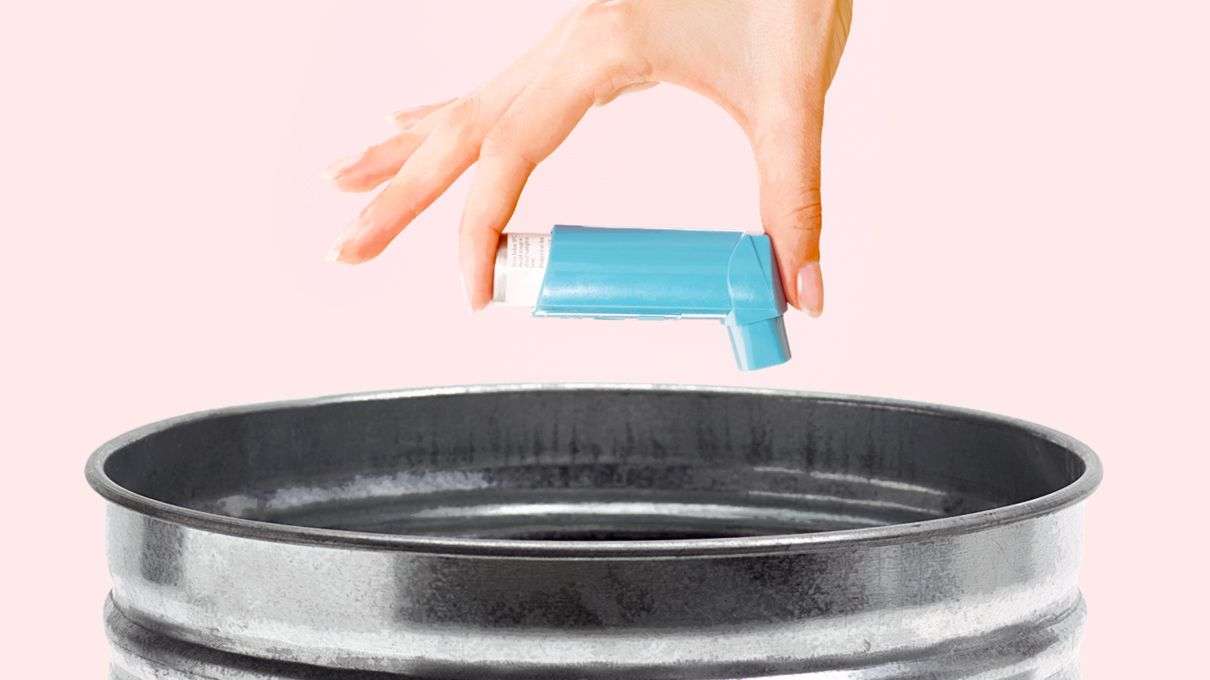People with asthma are used to the routine: Keep an inhaler handy at all times. Avoid certain triggers. Live with it.
But a promising study has made another treatment option a lot more viable (if not immediately available). The medical journal The Lancet has published research that showed a new Novartis medication taken in pill form not only provided relief to asthma patients but even showed repairs to airway linings.
The medication, called Fevipiprant, is in late clinical trials in the U.K., meaning that it’s already been tested for safety and side effects in small groups. The third phase of the trial included 61 adult patients with moderate-to-severe asthma. Half the group took the pill twice a day, while the other half received a placebo. (The patients continued taking any other meds they were using.) The medication improved symptoms, lung function and inflammation, and airway walls.
One of the tests used to measure symptoms and improvement was the sputum eosinophil count. Eosinophils are white blood cells in the mucus and saliva (or sputum) you cough up. People without asthma have a less than 1 percent count of eosinophils in their sputum, while people with moderate-to-severe asthma have about 5 percent.
Those taking the Fevipiprant showed a significant reduction in the eosinophil percentage over the study, with an average decrease from 5.4 percent to 1.1 percent.
A much bigger study with about 850 patients is in the works, and results should be shown by 2018. While there are no guarantees when it comes to promising drugs, a medication could hit the shelves within the next three years, giving people with asthma another option for controlling and treating their condition.
